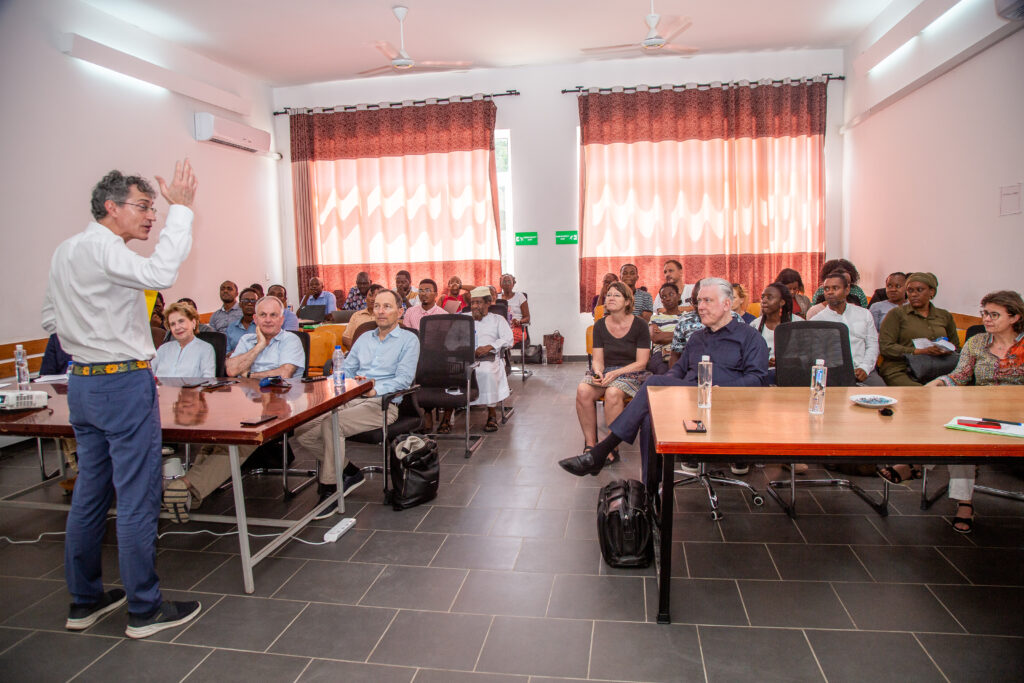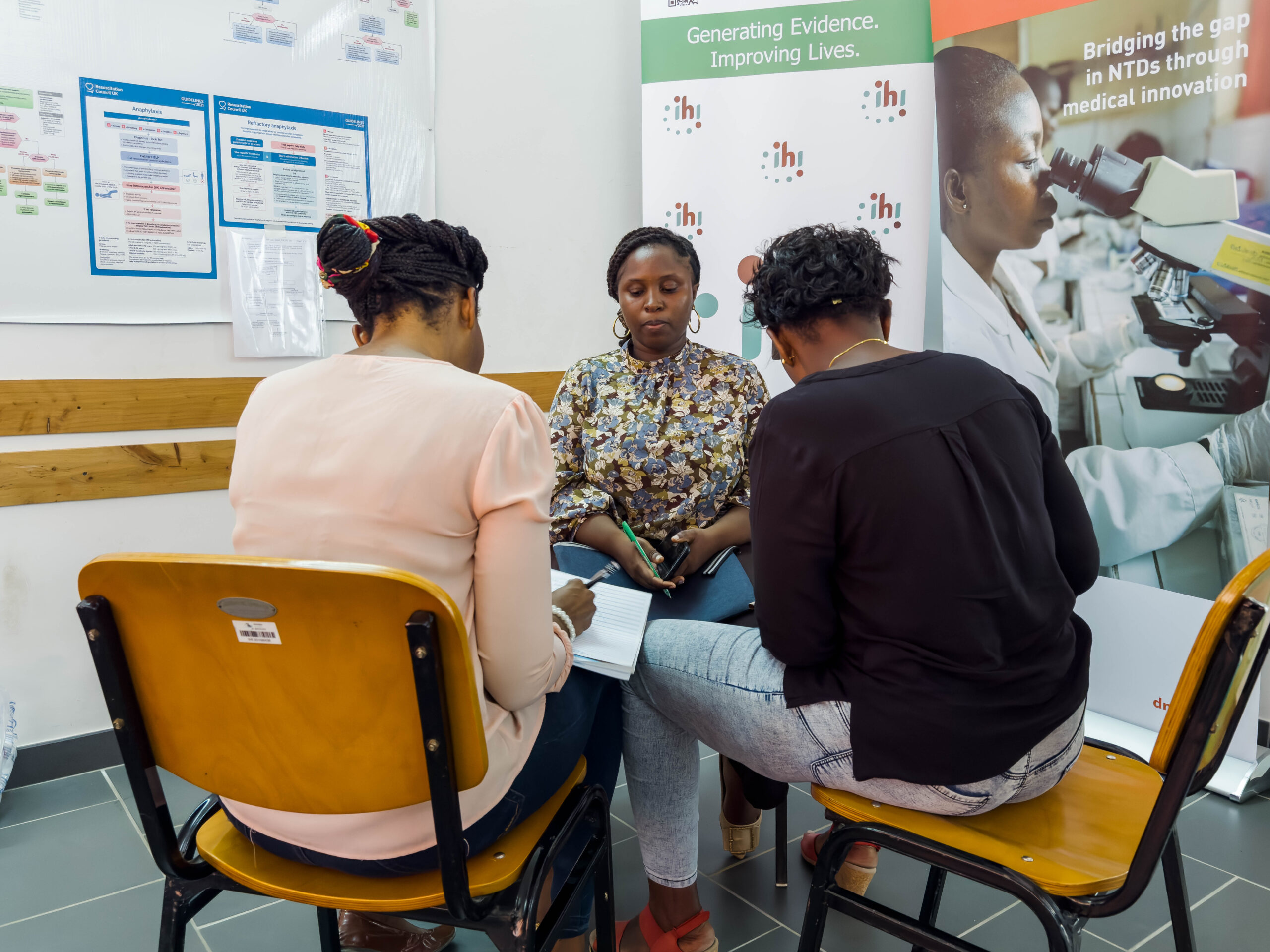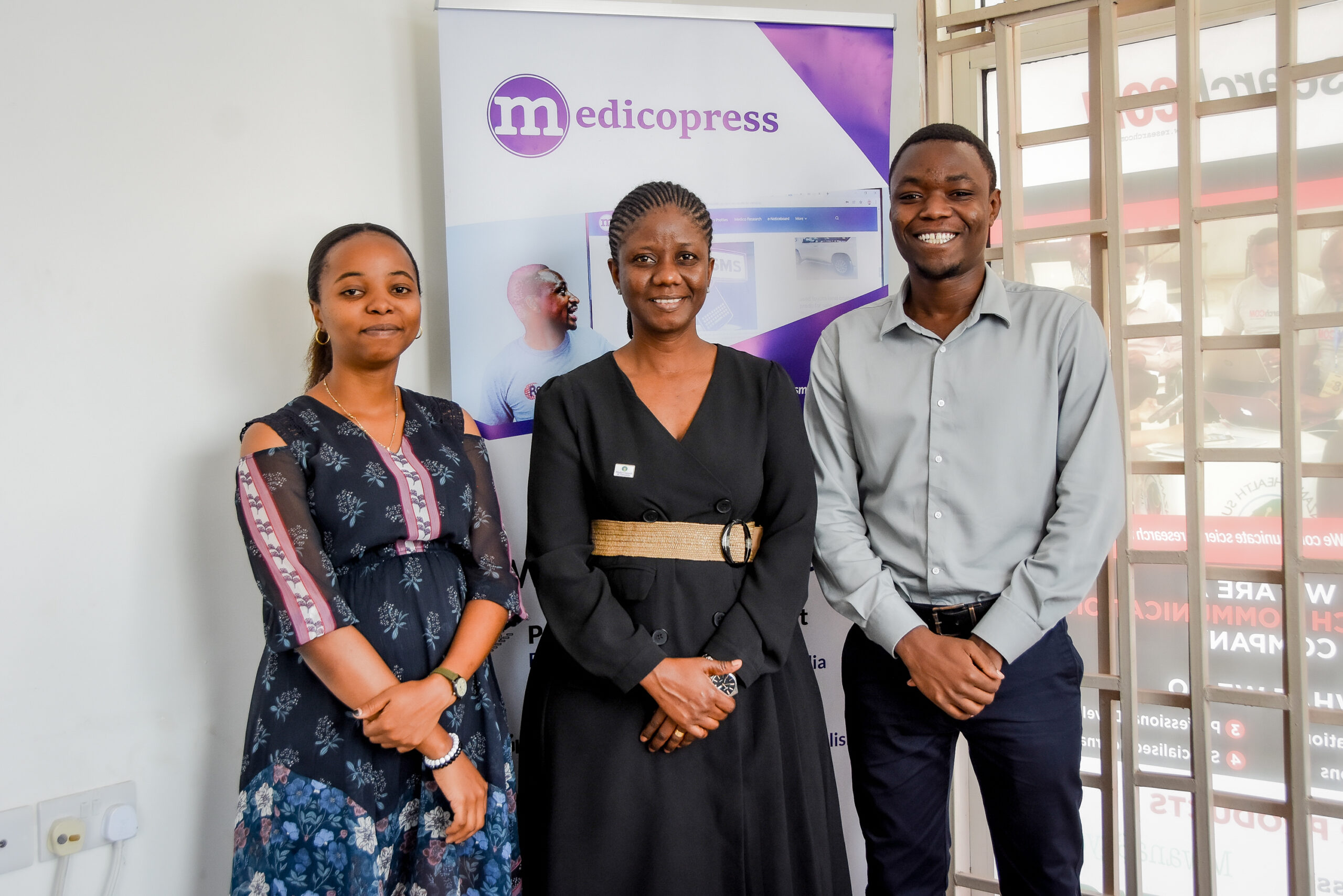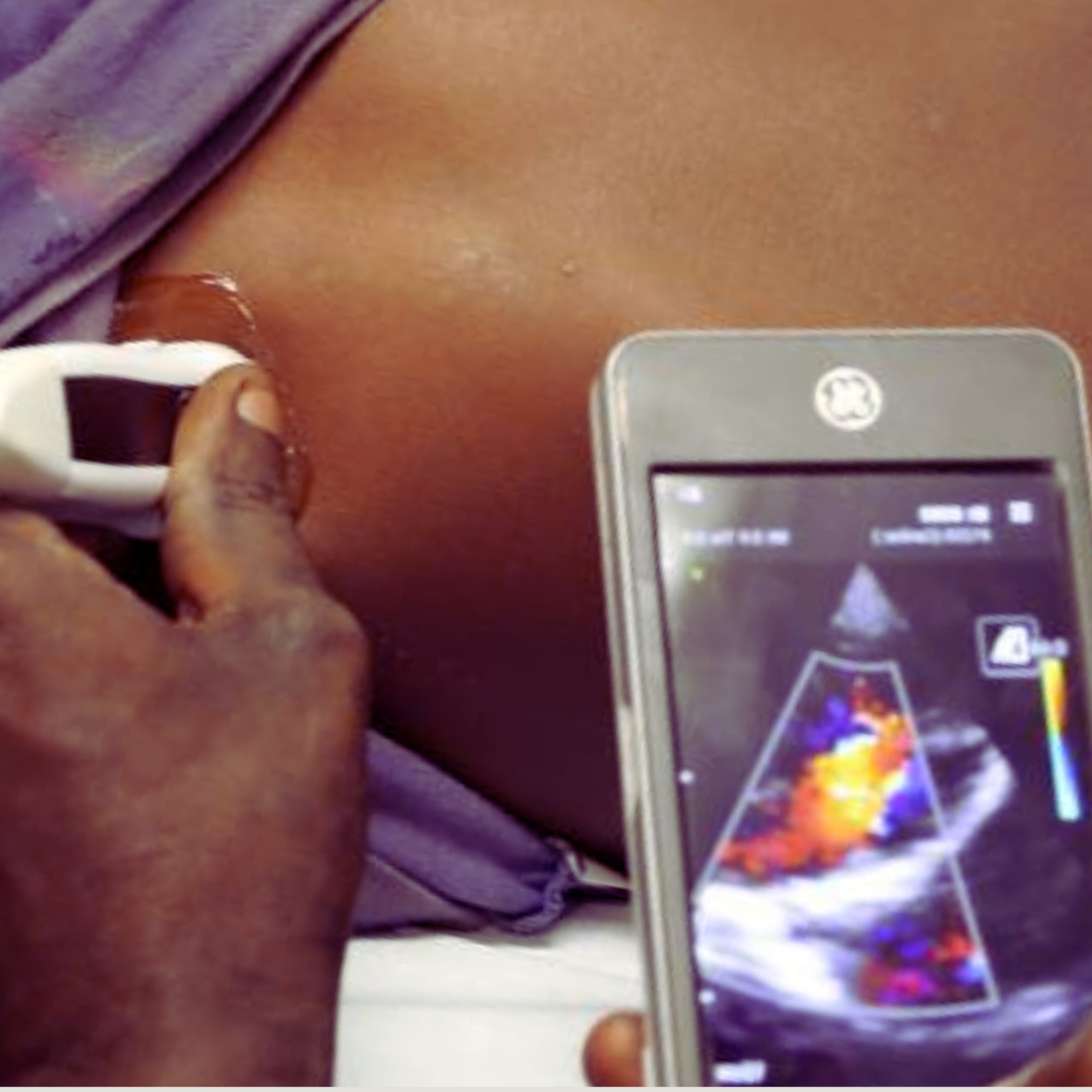Dar es Salaam. Imagine being a scientist, toiling away in your lab, making revolutionary discoveries that could potentially improve people’s lives. But your research remains trapped within the walls of academia, inaccessible to the very people it could benefit. This is the reality for many researchers in Tanzania and most other countries, more so for those working on neglected tropical diseases (NTDs) – a group of diseases that disproportionately impact low-income communities.
Despite this challenge, there is a glimmer of hope, according to Charles Wendo, a veterinary doctor-turned science journalist and trainer in Science Communication at SciDev.Net. Dr. Wendo was a facilitator for the “Science Reporting for the Public,” workshop that took place in Pwani, Tanzania, aiming to bridge the gap of communication between scientists and journalists, for the public.
In a room buzzing with anticipation, scientists and journalists were paired up for five-minute conversations. After introductions and exchanging contact details, the journalists had three key questions about the research findings from the scientists.
“This is what we call speed dating,” said Dr. Wendo as he introduced an approach to the group of 15 journalists who attended the workshop-supported by the Drugs for Neglected Diseases Initiative (DNDi) – Eastern Africa and the Ifakara Health Institute, in partnership with stakeholders through the Helminth Elimination Platform (HELP). It took place on February 20-22, 2024.
“Media is the most effective way to reach the public and policymakers with information about science, technology, and innovation.”
Dr. Charles Wendo-Science Journalist from SciDev.Net
He urged journalists to always aim at providing their audience with simplified scientific information and insisting on firsthand information and stories of interest to the public “because scientists announce their research findings by publishing papers in their academic journals and making a presentation at scientific conferences therefore to avoid errors and exaggeration in the news.”
For starters, speed dating in science, the approach that Dr. Wendo explained, puts researchers in touch with laypeople. For many years, in Tanzania and across many countries, researchers have been facing a herculean task of explaining their work clearly and briefly. In speed-dating, participants are granted an insight into fields of research that they previously knew nothing or very little about.
For Josephine Christopher, a reporter at The Citizen newspaper, this was an eye-opening platform, as she had never got a chance to interact with researchers in such a unique session. For her, those five minutes of speed-dating proved to be transformative. This workshop benefitted journalists from local media houses: – EATV, Clouds, TVE/EFM, The East African, TBC, Daily News, Nipashe, Mwananchi, ITV/Radio One, The Guardian, ResearchCOM/ MedicoPRESS and Pambazuko FM.

‘I was able to build a relationship with research scientists, and I think this can open doors to future collaboration and story ideas,’’ she told MedicoPRESS, adding: “We were able to discover new research projects or ongoing studies that are relevant to our beats as journalists.”During the workshop, research scientists enabled journalists to clarify uncertainties and misconceptions about research topics. Elsewhere in Tanzania, journalists who have specialized in research communication have hailed the initiative.
Researchers are likely to find this interaction very interesting and useful, says Dr. Syriacus Buguzi, a Science Journalist and Executive Director of ResearchCOM, a niche Media Company dedicated to communicating science, research and medicine by making it newsworthy and engaging.
“Sometimes researchers have to go through the hustle of looking for journalists, and most times, the researchers don’t get the journalists to speak to,” he told MedicoPRESS.
The workshop in Pwani, involved a joint panel discussion featuring speakers from the University of Basel, Cantonal Government Basel, The Swiss Tropical and Public Health Institute (Swiss TPH), Novartis Global Health, and the HELP consortium, further enriching the experience for participants.
Dr. Honorati Masanja, Chief Executive Director at Ifakara Health Institute, had the opportunity to address the critical challenges prevalent not only in Tanzania but globally within the realm of public health. Issues such as climate change, antimicrobial resistance, and emergency preparedness were emphasized. These pressing concerns serve as compelling topics for journalists, inspiring them to delve into these subjects and craft newsworthy stories
A Win-Win for Science and Society
This unique program demonstrates the potential of fostering collaboration between seemingly disparate fields. By breaking down communication barriers and empowering journalists to translate complex research into accessible stories, science speed dating can play a crucial role in: Raising awareness about NTDs and other pressing health issues, engaging the public in science and its impact on their lives as well as encouraging collaboration between researchers and journalists for future storytelling and knowledge dissemination.
According to various studies on neglected diseases, Tanzania still has a big role to play in prioritizing these diseases. A study on schistosomiasis conducted in Pemba Island, Zanzibar, among primary school students showed that the problem of schistosomiasis is still a major challenge. It is important to improve health services and to collaborate with non-governmental organizations such as DNDi in the fight against NTDs.









